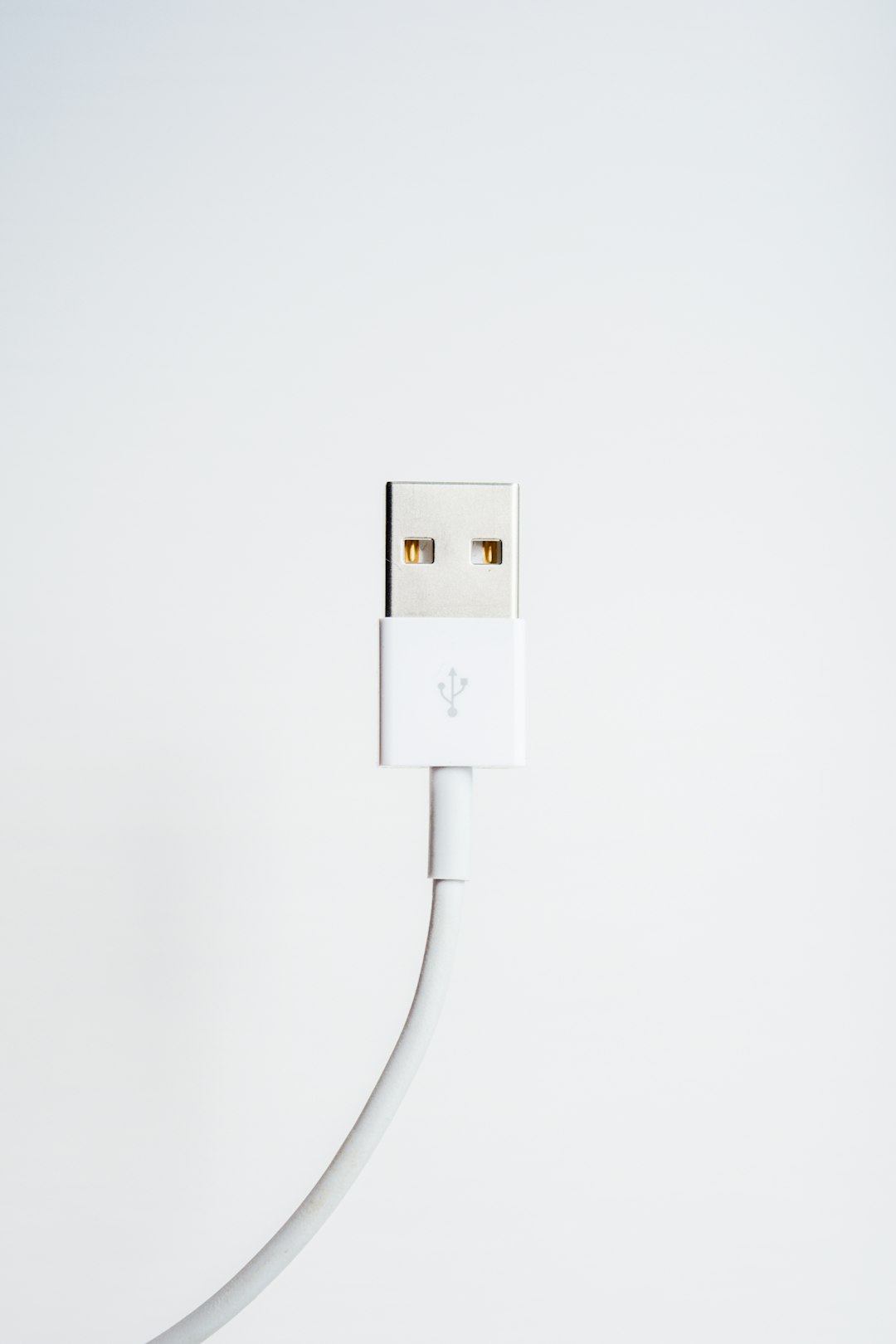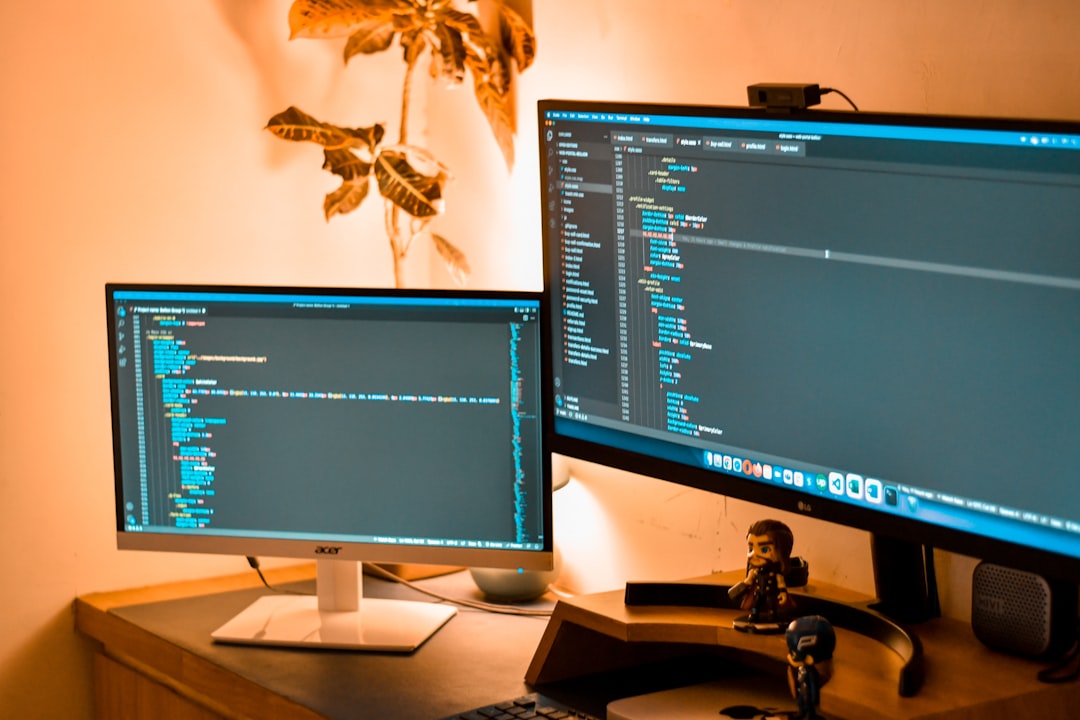
Online Reputation Monitoring Used to Be for Brands — Now It’s Personal
Not long ago, online reputation monitoring was a strategic tool reserved primarily for large companies and public-facing brands. These organizations employed specialized services to track what was being said about them online — on review sites, in news coverage, and across social media. However, in today’s digitally interconnected world, this practice has evolved and expanded dramatically: online reputation monitoring is no longer just for brands — it’s personal.
As individuals increasingly maintain an online presence, often across multiple platforms, the potential impact of a compromised or misrepresented digital identity has grown. Job seekers, freelancers, entrepreneurs, and even students now find themselves in situations where their personal online reputation can influence real-world opportunities. The stakes are high — and they’re getting higher.
The Shift from Corporate to Personal Reputation
The transition from corporate to personal reputation management has been fueled by several key factors:
- Digital footprint growth: Most people maintain dozens of online accounts. Social media, blogs, forums, and comment sections all contribute to a permanent and traceable digital history.
- Search engine visibility: Employers, clients, and even potential dates frequently “Google” individuals before engaging with them. The search results that appear can shape first impressions — for better or worse.
- Cyberbullying, cancel culture, and misinformation: Even a single misinterpreted post or malicious rumor can quickly spread and cause long-term damage to someone’s online reputation.
This landscape demands that individuals pay closer attention to how they are represented online — and adopt tools and strategies to proactively monitor and manage their personal reputations.

Why Personal Reputation Monitoring Matters More Than Ever
Today, your online image often precedes you. Consider the scenarios where personal reputation matters:
- Job hunting: Recruiters regularly review applicants’ social media profiles. According to a CareerBuilder survey, 70% of employers use social networking sites to research candidates.
- Freelancing and entrepreneurship: In the gig economy, personal reviews on platforms like Upwork or Google Reviews can make or break a career.
- Networking and dating: Potential partners and new acquaintances increasingly rely on your online persona to judge character and trustworthiness.
In these contexts, what others say about you online — whether accurate or not — can have a real effect on your personal and professional trajectory.
Tools and Techniques for Individuals
Fortunately, a range of online tools and services now cater to individuals looking to safeguard their digital image. These include:
- Google Alerts: A simple and free tool that notifies you when your name appears online.
- Social listening platforms: Tools like BrandYourself or Mention enable more detailed monitoring and offer sentiment analysis tailored to personal profiles.
- Reputation management services: Some professional services specialize in the removal of defamatory content or SEO optimization to push positive content higher in search rankings.
Even without specialized software, individuals can take critical steps toward managing their reputation. Regularly Googling your own name, managing privacy settings on social platforms carefully, and auditing past posts are all simple but powerful actions.

Risks of Ignoring Your Online Persona
Failing to monitor and manage your digital identity can have unforeseen consequences:
- Missed career opportunities: Unfavorable online content can prevent employers from considering you for sensitive or high-profile roles.
- Security threats: Public information can be exploited for phishing attacks or identity theft.
- Emotional stress: Being the subject of online negativity or harassment can lead to anxiety, depression, or social withdrawal.
Being unaware of what’s being said about you online doesn’t mean it doesn’t matter — it simply means you’re unprepared.
A New Digital Norm
Online reputation monitoring is no longer a corporate luxury or a celebrity concern. It is a necessity for anyone who interacts in the digital world — which is virtually everyone. Preserving privacy, protecting identity, and promoting an authentic online presence now fall squarely on the shoulders of individuals.
While the tools that empower this process are more available than ever, awareness remains the first and most critical step. In an age where digital impressions are formed in seconds, taking control of your online reputation is not vanity — it’s vigilance.